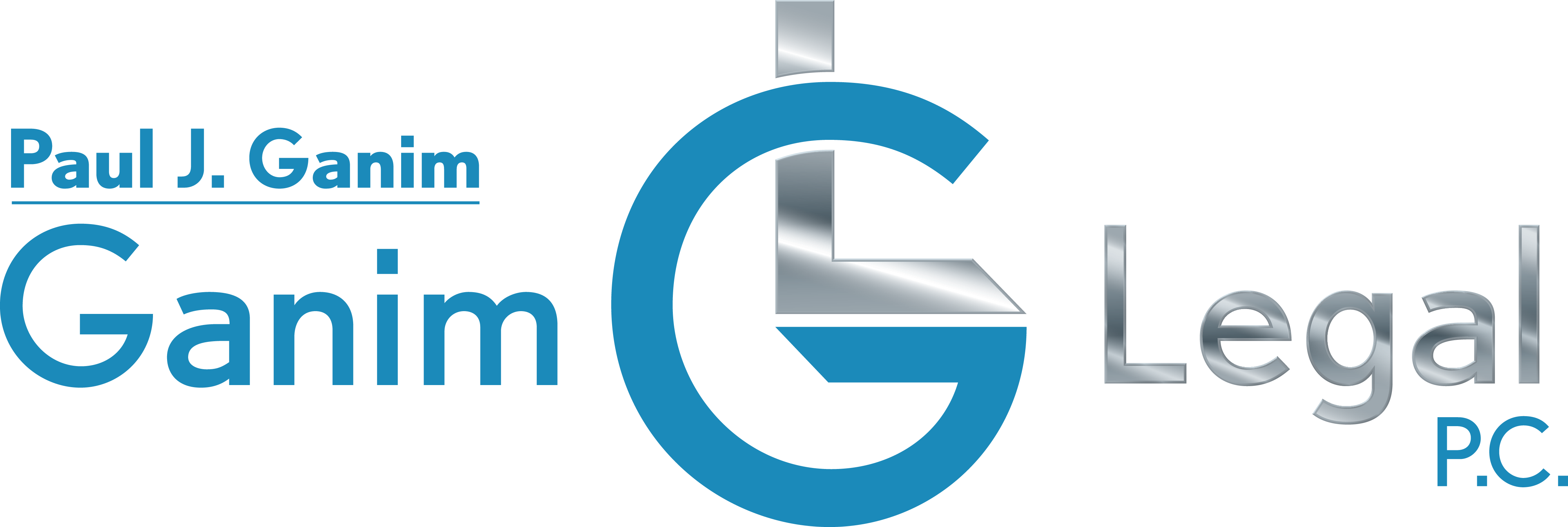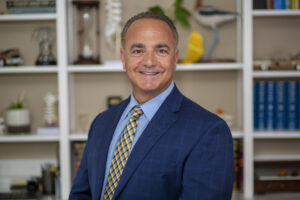When an individual is experiencing odd symptoms or feeling ill, he or she may seek the advice of a doctor to figure out what’s wrong and how to fix or make it better. Medical doctors are highly trained and experienced professionals upon whom patients blindly trust and rely to figure out what’s wrong and how to make it better. However, in many cases, figuring out what’s wrong is much more complicated and difficult than both a patient and doctor anticipate or would like.
Unfortunately, today’s fast-paced healthcare environments often don’t afford doctors or patients the opportunity to take their time and get it right. Consequently, every year in the U.S. millions of men, women and children receive a diagnosis that is wrong. At times, these diagnostic errors, and the resulting delays in treatment, can have negative and even dire outcomes that adversely affect the health and lives of patients and their families.
A recent report released by the National Academy of Sciences’ Institute of Medicine estimates that five percent of U.S. adults “who seek outpatient care,” are the victims of diagnostic errors. This number is likely even higher as most doctors and hospitals don’t have any type of feedback or notification procedures in place to track when a diagnosis ends up being incorrect.
The actual diagnostic process is highly complex and difficult and is rarely given the time, attention and thought that’s warranted. Additionally, the report’s authors point to several factors that contribute to the large number diagnostic errors including communication failures between vital and invested parties, increasingly complex medical systems and restrictive and punitive healthcare environments.
Connecticut residents who have suffered adverse health events due to a misdiagnosis or delayed diagnosis may choose to discuss their case with an attorney.
Source: The Washington Post, “Most Americans will get a wrong or late diagnosis at least once in their lives,” Lena H. Sun, Sept. 22, 2015








